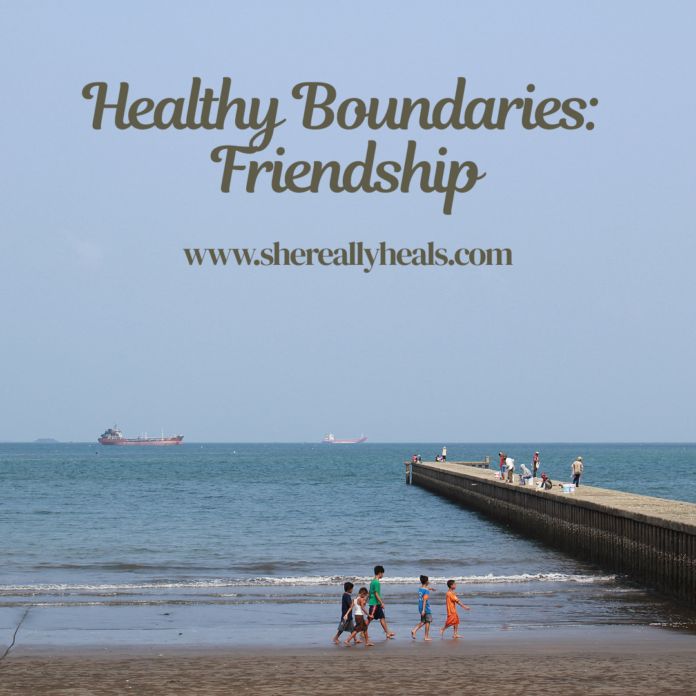Friendships are one of the most important aspects of life. A healthy friendship provides support, joy, and mutual growth, while a toxic friendship can drain your energy, damage your confidence, and leave you feeling unappreciated. Recognising the difference between the two and knowing when to set boundaries—or even walk away—is essential for your well-being. Here’s how to build healthy friendships and let go of those that no longer serve you.
What Makes a Friendship Healthy?
1. Mutual Support and Encouragement
A good friend celebrates your successes and lifts you up during tough times. There’s no competition, jealousy, or belittling—just genuine support and happiness for each other’s achievements.
2. Trust and Honesty
Healthy friendships are built on trust. You should feel comfortable sharing your thoughts without fear of judgment or betrayal. An honest friend tells you the truth, even when it’s difficult, but always with kindness and respect.
3. Balanced Give-and-Take
Friendship should never feel one-sided. Both people should contribute equally to the relationship, whether it’s making plans, offering advice, or just checking in. If you’re always the one giving while the other takes, it may be time to reevaluate.
4. Respect for Boundaries
A true friend understands and respects your personal boundaries. Whether it’s your time, space, or emotional limits, they won’t pressure you into doing things that make you uncomfortable or drain your energy.
5. Ability to Resolve Conflict
Disagreements happen, but healthy friends work through them with maturity and respect. They listen, apologise when necessary, and make an effort to fix issues rather than hold grudges or resort to passive aggression.
Signs of a Toxic Friendship
1. Constant Negativity and Criticism
Toxic friends put you down, make you feel small, or dismiss your feelings. They may be overly critical, sarcastic, or unsupportive of your goals and dreams.
2. Manipulation and Guilt-Tripping
If a friend constantly makes you feel guilty for setting boundaries or making choices that suit you, they are manipulating you. A healthy friend respects your decisions, even if they don’t always agree with them.
3. Jealousy and Competitiveness
A toxic friend might struggle with your success and try to compete with you instead of celebrating your wins. They may downplay your achievements or act bitter when you succeed.
4. Unreliability and Disrespect for Your Time
Flaking on plans, only reaching out when they need something, or ignoring your time commitments are signs of a friend who doesn’t truly value you.
5. Draining Your Energy
Do you feel exhausted or stressed after spending time with this friend? If a friendship feels more like a burden than a source of joy, it may be toxic.
Setting Boundaries in Friendships
Boundaries protect your emotional well-being. Here’s how to set them:
1. Be Clear and Direct
Communicate your limits honestly. If you don’t want late-night calls, constant venting, or last-minute


